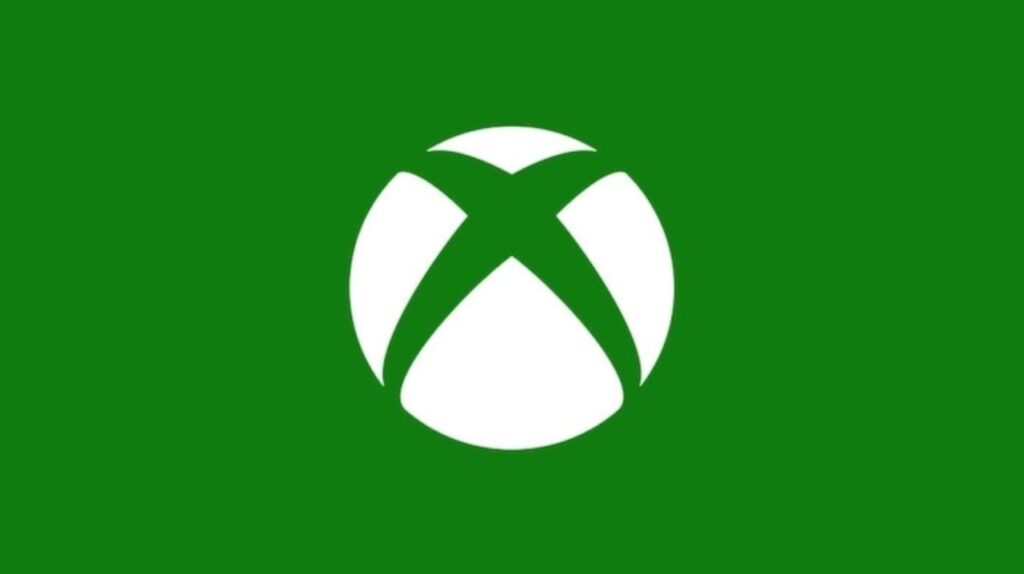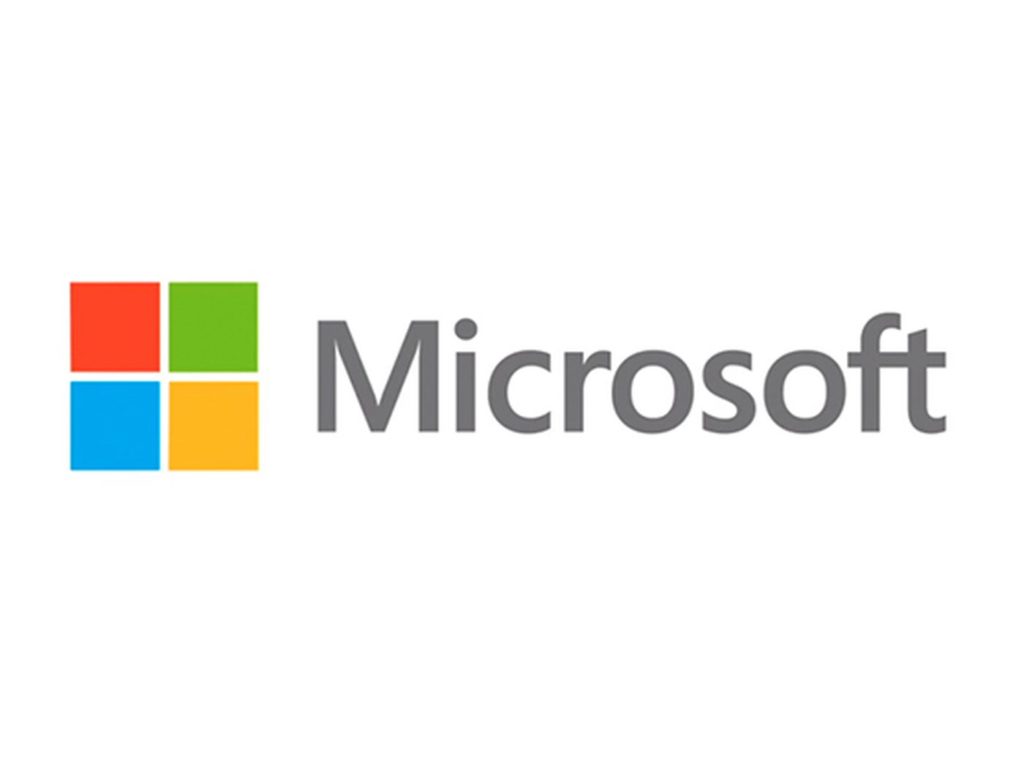Update: Judge’s final decision and FTC’s statement added.
Original article plus additional content below:
Microsoft has officially won its court case against the US Federal Trade Commission or FTC on its Activision Blizzard deal.
Microsoft Wins Big
This has now cleared the way for Microsoft to acquire Activision Blizzard for $68.7 billion. The only one to block their way now is the UK CMA. Today’s win has now given the company hope to close the deal with just days to go until its July 18, 2023 deadline and despite UK still standing in the way.
Last week, the case depended on whether the FTC could be allowed an injunction to temporarily block the deal while it investigated it further. If Microsoft lost, it would have left its effort to buy Activision Blizzard dead in the water. Fortunately, the opposite happened.
Judge Corley’s Decision
After a long time, Judge Corley officially lays down the verdict on the case.
“Microsoft’s acquisition of Activision has been described as the largest in tech history,” Judge Corley said in the ruling. “It deserves scrutiny. That scrutiny has paid off: Microsoft has committed in writing, in public, and in court to keep Call of Duty on PlayStation for 10 years on parity with Xbox. It made an agreement with Nintendo to bring Call of Duty to Switch. And it entered several agreements to for the first time bring Activision’s content to several cloud gaming services.
“This Court’s responsibility in this case is narrow. It is to decide if, notwithstanding these current circumstances, the merger should be halted — perhaps even terminated — pending resolution of the FTC administrative action.
“For the reasons explained, the Court finds the FTC has not shown a likelihood it will prevail on its claim this particular vertical merger in this specific industry may substantially lessen competition. To the contrary, the record evidence points to more consumer access to Call of Duty and other Activision content. The motion for a preliminary injunction is therefore DENIED.”
FTC and CMA Agree to a ‘Stay of Litigation’
In another update, Microsoft President Brad Smith said that FTC’s decision has prompted it and the CMA to agree that a “stay of litigation” is now “in the public interest, which gives Microsoft more hope of a breakthrough.
“After today’s court decision in the US, our focus now turns back to the UK,” Smith said today in a statement shared with Eurogamer. “While we ultimately disagree with the CMA’s concerns, we are considering how the transaction might be modified in order to address those concerns in a way that is acceptable to the CMA.
“In order to prioritize work on these proposals, Microsoft and Activision have agreed with the CMA that a stay of the litigation in the UK would be in the public interest and the parties have made a joint submission to the Competition Appeal Tribunal to this effect.”
FTC spokesperson Douglas Farrar said to IGN, “We are disappointed in this outcome given the clear threat this merger poses to open competition in cloud gaming, subscription services, and consoles. In the coming days we’ll be announcing our next step to continue our fight to preserve competition and protect consumers.”
Phil Spencer Thankful for Swift Decision
“We’re grateful to the court for swiftly deciding in our favor,” Xbox boss Phil Spencer said recently in a statement issued via Twitter. “The evidence showed the Activision Blizzard deal is good for the industry and the FTC’s claims about console switching, multi-game subscription services, and cloud don’t reflect the realities of the gaming market.
“Since we first announced this deal, our commitment to bringing more games to more people on more devices has only grown. We’ve signed multiple agreements to make Activision Blizzard’s games, Xbox first-party games and Game Pass all available to more players than they are today.
“We know that players around the world have been watching this case closely and I’m proud of our efforts to expand player access and choice throughout this journey,” Spencer concluded.





